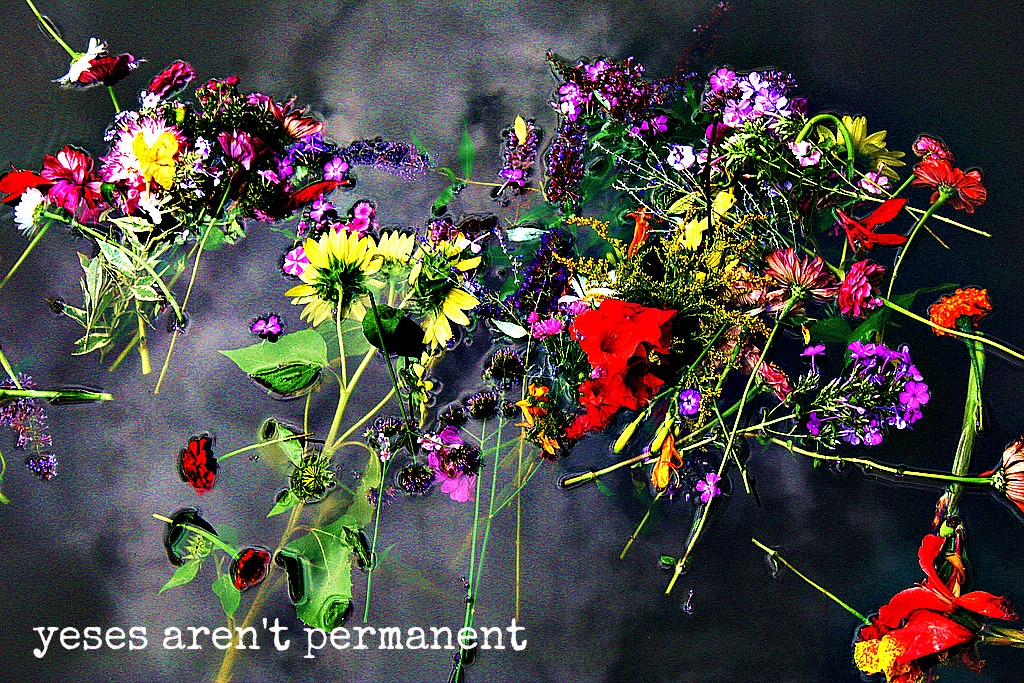I talk a lot here about saying no, about knowing when to say no even at work, how to do it and why you don’t need to feel guilty about it. I have shared that I don’t believe we are all meant to do everything. Instead, we are meant to give our thing (or things) the best we’ve got and know that others are doing the same with their things– that that is how we best distribute the work that needs to be done on this planet. And, today, I want to talk about how our yeses don’t have to be permanent.
A little more than a decade ago, I served on the board of an affordable housing coalition in my town. The work they do is incredibly important– they make sure that our town has housing available for people from all walks of life so that our town can stay ethnically, socioeconomically, and age diverse. I had been on the Board of Directors for several years when we became aware of a new issue: there were some people, especially the elderly and the sick, who lived in homes that they or their families had owned for years but they didn’t have the money to keep up with home repairs. As I ran through town, I saw tarps over roofs as permanent solutions to holes in the roof. I realized that some of our elderly were trapped in their houses because they were wheelchair bound and couldn’t navigate their steps to go outside. I, and others on our board, couldn’t help but feel like people just deserve to feel and be safe in their houses. And so we put together a steering committee to study the issues and devise a solution. Ultimately, we created HAMMERS, an emergency home repair program that serves low-income families in our town and the three towns surrounding us. We fixed a lot of roofs and electricity and air-conditioning. Basically, if it was necessary for safety (and in the South, AC is definitely necessary in the summer!) and was under a $5,000 job, we did it.
I had the pleasure of serving as the chair of HAMMERS for years and to work with an amazing committee to raise the funds that we needed and to execute the work. It was deeply satisfying work; it made me feel good that we were providing such an important service in our town; we were all driven by our mission. But then Circle de Luz was founded and so, for a while, I chaired two non-profit boards and worked to raise money for both of them. Then, I became a mom and I had to juggle chairing two non-profit boards with being a parent and doing my work. I soon realized that something had to give. HAMMERS had been up and running for years at that point. We had a signature fundraiser, solid procedures in place, a great work crew. Moreover, the board members had been there for years and had all of the institutional history and so even though I so believed in the work and felt it was urgent, even though it had been my pleasure to have helped create such an amazing organization, even though I loved working alongside that group of people, I needed to say no to it now. I needed my yes to not be permanent.
Yes, it is true that we need to be more cognizant about the things we aren’t meant to say yes to in our lives and make sure we say no to them but the other thing we need to be aware of when we sign up for a responsibility is that our yeses do not have to last forever. The important thing about our yeses is to know that they don’t have to be permanent— that we choose them over and over again with each day, and that if gets more difficult to say yes on any given day, that that is information for us to know that maybe another yes is calling us that is even more true for us right now.
So, yes, I want you to know your nos. But I also want you know when your yes is no longer the right answer and to then summon the courage to change it to no. Maybe it cannot immediately go into effect– maybe you realize something needs to be a no and you let your supervisor or board chair or whomever know and you all come up with an exit plan that allows you to train someone in your place and move on in a way that allows you to feel like you are closing things out in a way that feels good to you. Whatever you must do to feel good about leaving, do it, but, first and foremost, understand that our yeses are something we should choose over and over again and not something we should feel obligated to do.
Have you ever changed your yes answer to a no? Do you have any yeses in your life that feel as if they are becoming a no? What do you need to say no now?



